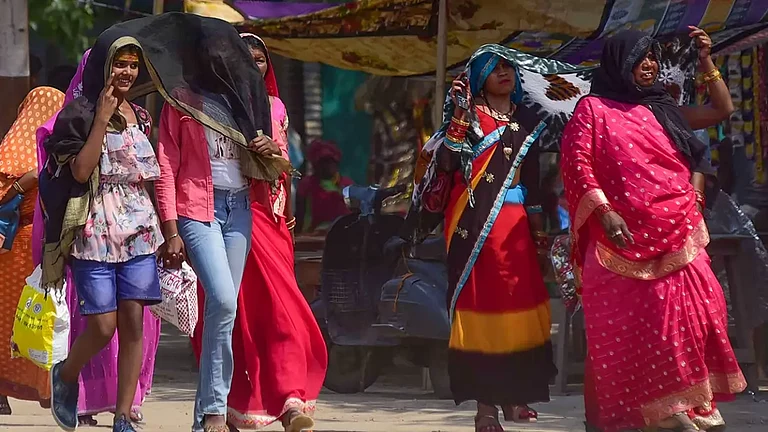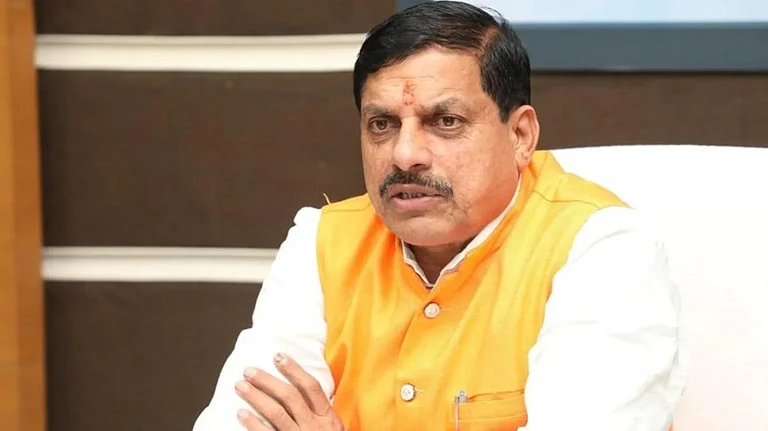Following incidents of cheetahs straying from Madhya Pradesh into Rajasthan, a joint corridor management committee has been established to enhance coordination between the two states on cheetah conservation. This committee will work on the sustainable conservation of the cheetah population, which includes discussing the development of suitable habitats for potential relocation sites from Madhya Pradesh’s Kuno National Park (KNP) and Gandhi Sagar Sanctuary. Additionally, the panel will propose measures to improve pre-augmentation bases in these areas to facilitate better support for the cheetahs, according to an official statement.
The cheetah reintroduction project in Madhya Pradesh began in 2022, with eight cheetahs from Namibia released into enclosures at KNP in the Sheopur district. This was followed by an additional twelve cheetahs brought from South Africa in early 2023. However, in recent months, incidents have occurred where cheetahs have wandered into Rajasthan. For instance, a cheetah strayed into Karoli district in May and was subsequently returned to KNP. Another cheetah was found in the Baran district of Rajasthan in December 2023, highlighting the need for better corridor management.
The joint committee will address such occurrences by formulating a Memorandum of Understanding (MoU) between the two states to establish corridors that can facilitate cheetah movement while ensuring safety and conservation goals. This MoU will be aimed at both understanding and managing these movement corridors to keep the cheetahs within designated zones and reduce their straying risks.
Further, the committee will focus on capacity building for officers and frontline staff who are responsible for monitoring and patrolling these corridors. This will include training and resources to better manage cheetah activity across the state borders. Additionally, the potential for creating joint tourist routes in areas that straddle both states—such as the National Chambal Gharial Sanctuary, Kuno National Park, and Ranthambore National Park—will also be explored to boost eco-tourism while promoting wildlife conservation.
The committee is co-chaired by the principal chief conservator of forest and chief conservator (wildlife) from both Madhya Pradesh and Rajasthan. Other members of the committee include senior forest officials, the director of the Lion-Cheetah Project in Shivpuri, representatives from the National Tiger Conservation Authority for both states and an expert from the Wildlife Institute of India (WII) in Dehradun.
Since the start of the cheetah project, 17 cheetah cubs have been born at Kuno National Park. However, the project has also faced challenges, with eight adult cheetahs and five cubs dying over the past two years. Currently, there are 24 cheetahs, including cubs, at Kuno National Park, as officials continue efforts to stabilize and expand the cheetah population within a safe and managed framework.
(This article is a reworked version of a PTI feed)


























